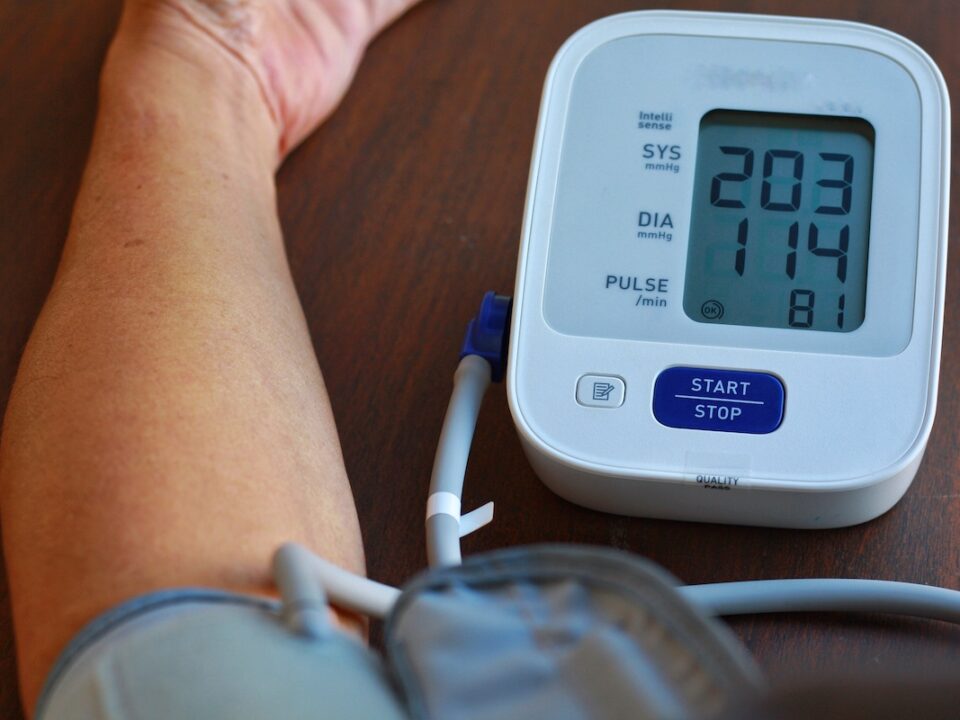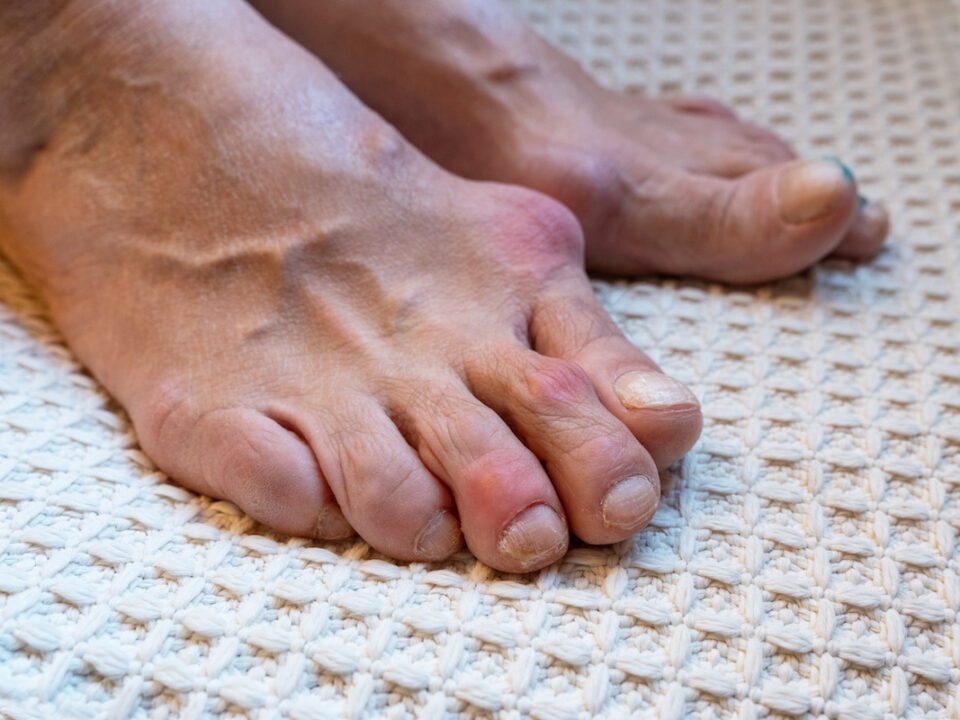Do You Know the Difference between Good and Bad Cholesterol?

When you get your labs back from your doctor, and they start going over your cholesterol, LDL and HDL numbers do you get confused? Does your brain start shutting down and the information doesn’t compute? You are not alone. It can be very confusing. Understanding this information is vital for good health so we will spell it out simply, so you know it and know where you stand with your lab work.
Cholesterol
Cholesterol is a waxy, fat-like substance that is found within your body’s cells. Much like fat, cholesterol is essential within your body to produce hormones, vitamin D, and substances that aid in the digestion of your food. However, your body makes all of the cholesterol it needs. In other words, you don’t need any additional cholesterol, but there is often cholesterol in many of the foods you eat.
Cholesterol is a substance that cannot dissolve in the blood and must be transported throughout your body. It is transported by “carriers” known as lipoproteins. These lipoproteins got their name because they are made of fats, or lipids, and proteins.
Two types of lipoproteins carry cholesterol through your body:
- Low-density lipoprotein (LDL)
- High-density lipoprotein (HDL)
Your LDL and HDL cholesterol in conjunction with one-fifth of your triglyceride level make up your total cholesterol count, which is typically measured through a blood test.
Lipoproteins are responsible for the movement of cholesterol throughout your body.
Cholesterol plays a distinct role in cardiovascular disease, which involves coronary heart disease, stroke, as well as peripheral vascular disease. High cholesterol has also been found to have a link to diabetes and high blood pressure.
LDL Cholesterol
People refer to LDL (low-density lipoprotein) as the “bad” cholesterol because it contributes to the buildup of plaque (thick, hard deposits) in the arteries. These deposits make the arteries less flexible, causing a condition known as atherosclerosis. If a clot forms and blocks an artery, you may experience a heart attack or stroke. The buildup of LDL cholesterol can also cause a condition known as peripheral artery disease, which occurs as plaque builds up and causes the artery to narrow, preventing blood flow to the legs.
If your LDL cholesterol level is higher than 190, it is considered extremely high and can negatively affect your health? The higher your LDL cholesterol level is, the greater your risk is for heart disease and other conditions. If your bad cholesterol level is high, your doctor will possibly recommend a statin as well as healthy lifestyle changes to reduce your cholesterol level.
HDL Cholesterol
High-Density Lipoproteins or HDL are the “good” transporters. Having high HDL levels are associated with better health in general.
The reason HDL cholesterol is considered “good” is because it helps remove bad cholesterol from the arteries. Researchers believe that HDL functions to carry LDL away from the arteries and back into the liver, where it can be broken down and removed from the body. HDL removes One-fourth to one-third of cholesterol. You can prevent heart attack and stroke by having a healthy level of HDL. However, low levels of HDL cholesterol has been shown to increase the risk of heart disease potentially.
HDL has the opposite effect as LDL. These carriers remove the LDL buildup from the arteries and return it to the bloodstream, cleaning out your blood vessels and improving blood flow.
Make sure you have a regular check-up and lab work to understand what your Cholesterol levels are and how to improve them.
Hillandale Primary Care & Laser Center is owned and operated by Dr. Saira Tariq Niaz, who is a board-certified family physician with offices in Lithonia and Lawrenceville Georgia. Hillandale Primary Care provides patient-focused, compassionate healthcare of the highest quality to each patient and delivers acute and chronic healthcare to patients of all ages. We are passionate about preventive medicine and encourage each of our patients to take an active role in maintaining overall health and wellbeing. Call today at 770.322-9660 or request an appointment.



